Snoring is often just considered as a funny, slightly annoying habit that you, your partner, or someone you know has. But often it can turn out to be a cause of concern, if not treated.
Why? Because it is caused as a result of the partial closing of the upper respiratory tract, and can have serious implications on your health. Particularly frequent or loud snoring, waking up through the night because of difficulty in breathing, are signs of obstructive sleep apnea (OSA). This poses a huge risk to your health as your airway can become obstructed, and you could stop breathing in your sleep.
Why Do You Snore
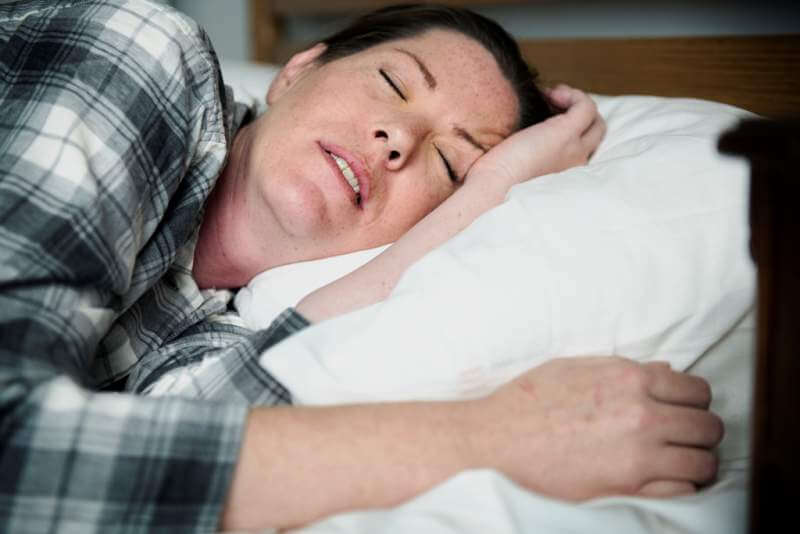 Understanding why snoring occurs is the first step towards knowing how to prevent snoring. And while a doctor may be best suited to identify the true cause of your causing, there are certain common indications in terms of how you snore, that can help pinpoint the cause.
Understanding why snoring occurs is the first step towards knowing how to prevent snoring. And while a doctor may be best suited to identify the true cause of your causing, there are certain common indications in terms of how you snore, that can help pinpoint the cause.
- Close-mouth snoring – This is related to the issues with your tongue while sleeping
- Open-mouth snoring – Enlarging or collapse of the soft tissues in your throat while sleeping, causing airway obstruction
- Snoring while sleeping on your back – Mild snoring, caused due to lifestyle challenges like increased body weight, alcohol consumption, or smoking
- Snoring in all sleep positions – Severe snoring, signalling serious airway obstruction issues and requires comprehensive treatment
Health Risks Associated With Snoring
 Some of the major health risks associated with snoring include:
Some of the major health risks associated with snoring include:
- Blood Oxygen Levels Drop by 15%- The range of normal blood oxygen level is to be considered between 94%-98% but it can lead to drop to 80% or less if a person snores for 30 seconds or more. It can lead to further dangers which should be given immediate attention
- Increased Rate of Heart Diseases – People having snoring problems are more prone to cardiovascular problems like high blood pressure and are at a higher risk of getting heart diseases or heart attacks. Snoring also leads to developing irregular heart rhythm also know as arrhythmia.
- Mental Health Concerns – Snoring can lead to rise of mental health problems which are caused by irritability, and mood swings.
- Strokes – The intensity of snoring can narrow the arteries in the neck due to fatty deposits, increasing your chances of getting a stroke.
- Accidents – One of the ill effects of snoring, is lack of concentration during the daytime which also cause daytime sleepiness. This can take your mind off from your activities, even driving, paving the way for road accidents.
Now that you are aware of what snoring is, and how it affects your health, the next step is to understand how you can stop it.
How to Stop Snoring
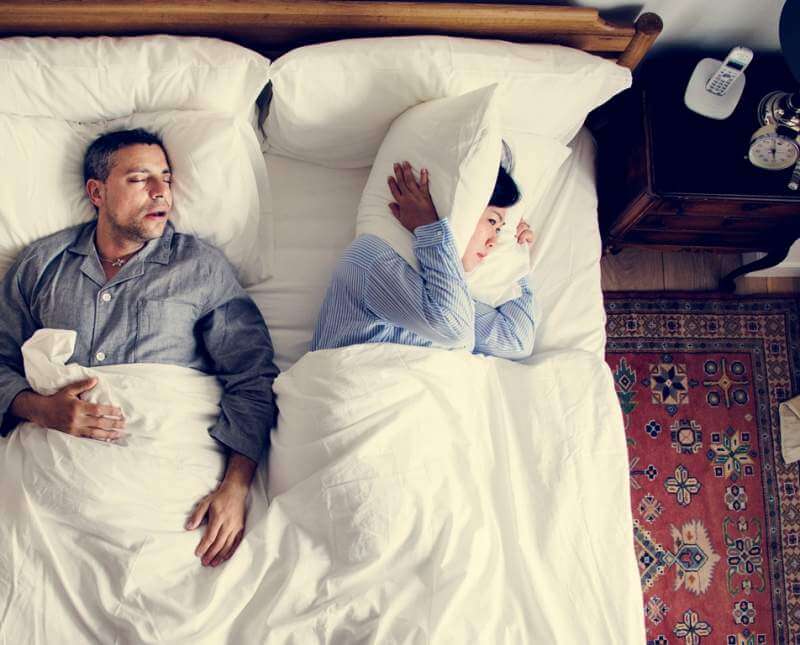 There are two broad ways to cure snoring, take a look:
There are two broad ways to cure snoring, take a look:
Natural Ways to Stop Snoring
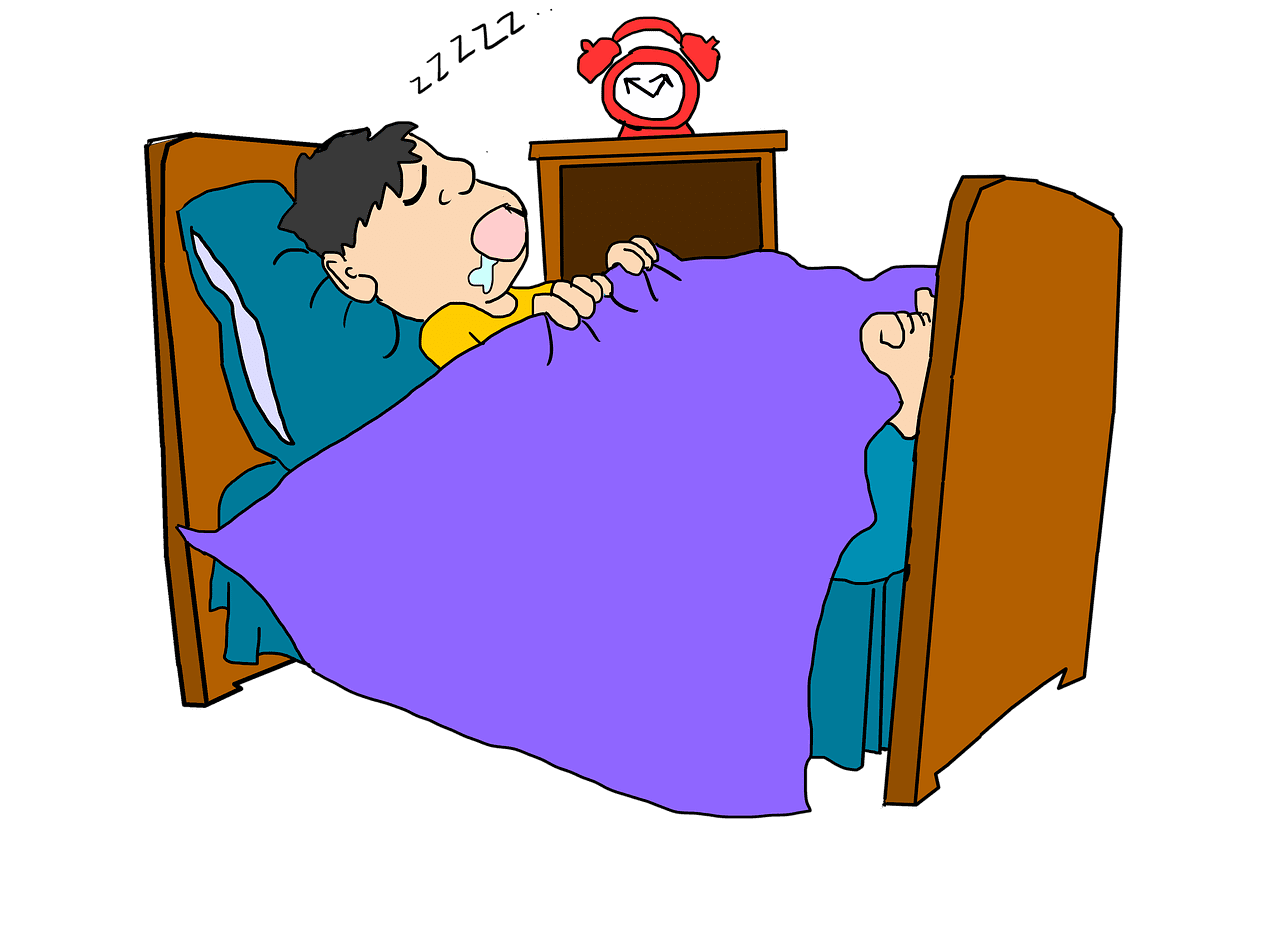 There are a number of small changes you can make in the bedroom to help reduce or prevent snoring, as well as other natural remedies. They include:
There are a number of small changes you can make in the bedroom to help reduce or prevent snoring, as well as other natural remedies. They include:
- If you’ve had issue with sinuses, clearing your nasal passage before sleep can help stop snoring
- Dry air can irritate nasal tissues and cause swelling, so keeping the air moist is a good way to prevent snoring. Using a humidifier while sleeping can also be helpful
- Use elevated pillows while sleeping which will help move your tongue and jaw forward. This will open up the airway and reduce snoring
- Sleeping side ways instead of on your back
Other natural ways include:
- Weight loss can relieve swollen tissues and hence reduce airway blockage during sleep
- Reducing tobacco consumption can reduce fluid retention and inflammation, allowing for easier breathing
- Treating your existing allergies, or removing allergens like dust mites and pet hair from the sleeping space can help stop snoring
- Lowering alcohol consumption, and hence preventing excessive relaxation of your throat muscles that cause airway obstruction can reduce snoring
- General exercise can tone the muscles in your throat, preventing them from collapsing and blocking the airway when you sleep, and thus stop snoring
Using Devices to Help Stop Snoring
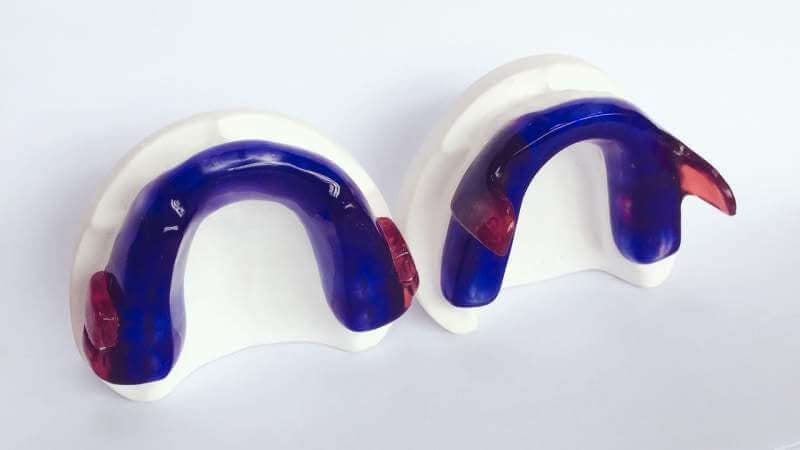 In cases of severe snoring, where lifestyle changes alone do not suffice, you should explore the use of devices that assist in uninterrupted sleep. These could be:
In cases of severe snoring, where lifestyle changes alone do not suffice, you should explore the use of devices that assist in uninterrupted sleep. These could be:
- Oral appliances: Holding your lower jaw and tongue forward while you sleep ensures that the air passage is free of any blockage. So using an oral device that can do this will help stop snoring. You can get one of these custom-made by a dentist, or get a high-quality device from sleep experts like ResMed.
- CPAP Devices: CPAP or continuous positive airway pressure device can help you breathe easily in your sleep. It uses a hose and mask to deliver constant and steady air pressure, and prevents your airway from collapsing when you inhale. And hence it’s one of the most effective ways to stop snoring.This is recommended for people undergoing Sleep Apnea diagnosis and treatment, where blocked airway causes snoring and frequent disruption in sleep due to lack of oxygen to the brain.
Surgical Treatment for Snoring
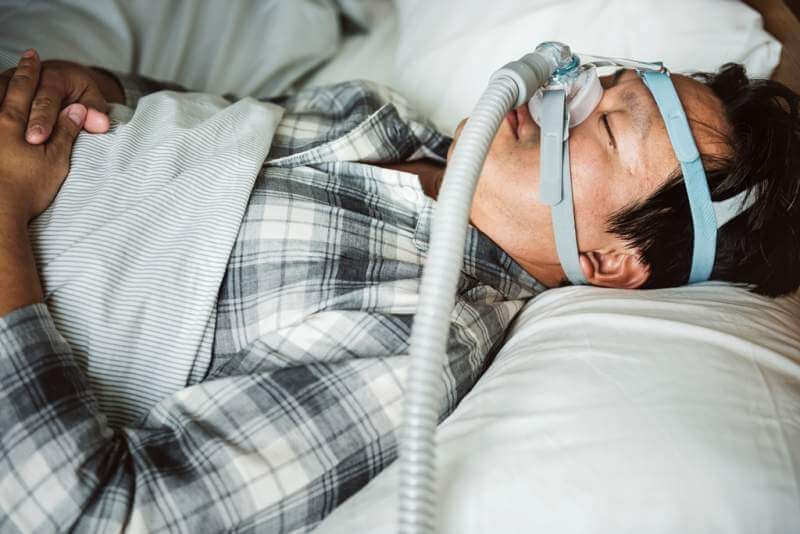 Surgical solutions that your doctor recommends is another method of stopping your snoring. Even though surgery is suggested only in a small percentage of snoring cases, here are the possible options:
Surgical solutions that your doctor recommends is another method of stopping your snoring. Even though surgery is suggested only in a small percentage of snoring cases, here are the possible options:
- Palatal implants – Small implants are added into the palate to hold it in place to ensure that the soft palate does not collapse and block the airway during sleep which stops the snoring.
- Laser-assisted Uvulopalatoplasty (LAUP) – In this method, uvulva (the soft tissue that hangs at the back of the throat) is surgically shortened. Small cuts are made on the side of the soft palate, and the tissue hardens as the cuts heal. Both these measures ensure that there is no tissue vibration when you inhale air, and so no snoring.
- Somnoplasty – Similar in function to a LAUP, this procedure uses heat to modify the tissues around the soft palate and uvula to stop the snoring. It’s less invasive than LAUP, and can be performed under general anesthesia.
So that’s all the ways of how you can stop snoring. However, before you decide to start applying all of this for yourself, it’s important to truly understand the cause of your snoring, and conduct any sleep apnea diagnosis . While we have shared a way to get a general idea for the causes, it’s always best to consult with a sleep expert.
Author: Bijal Panchal
Bijal is a Brand Manager at ResMed with 7+ years of marketing experience in Direct-to-consumer & Prescription based business. She is involved in managing Sleep Apnea Diagnosis, Sleep Therapy & Reusable Mask Portfolio at ResMed, and has an in-depth knowledge of sleep and lifestyle habits, and their impact on health. Bijal currently leads the company’s innovation project aimed at raising sleep apnea awareness in India, and helping more patients find the right solutions to ensure sleep quality and improved health outcomes.
